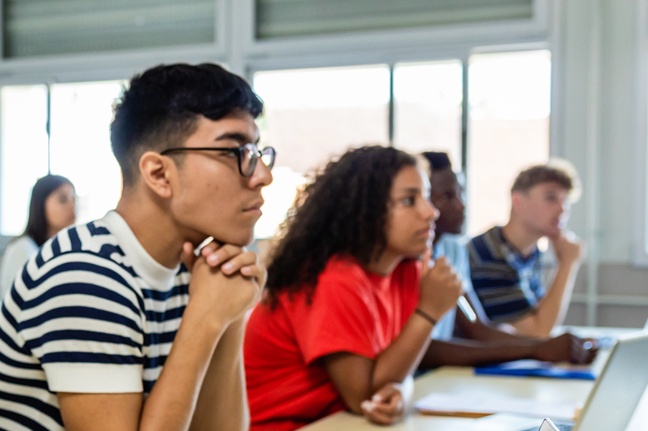Research
Access peer-reviewed studies, data insights, and academic research that demonstrate the impact of Labster on student learning, engagement, and outcomes.
Match Your SyllabusThank you! Your submission has been received!
Oops! Something went wrong while submitting the form.
Looks like there’s nothing here...
We couldn't find anything related to your search query. Check your search for any spelling errors or try a different search term.

Find the Plan That Works For You
See our plan options, learn more about virtual labs, and find out how easy it is to get started with Labster.
Compare Plans
